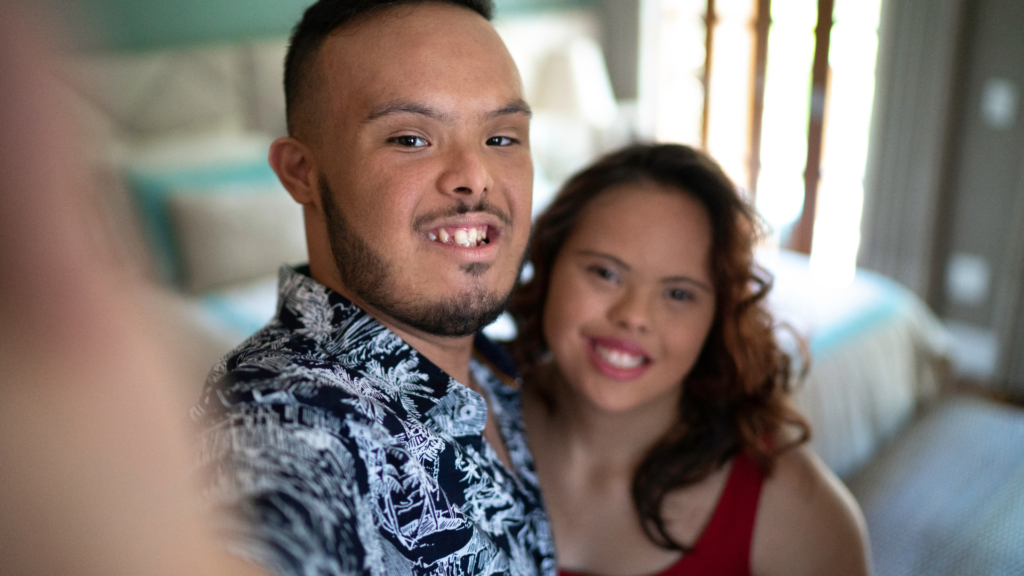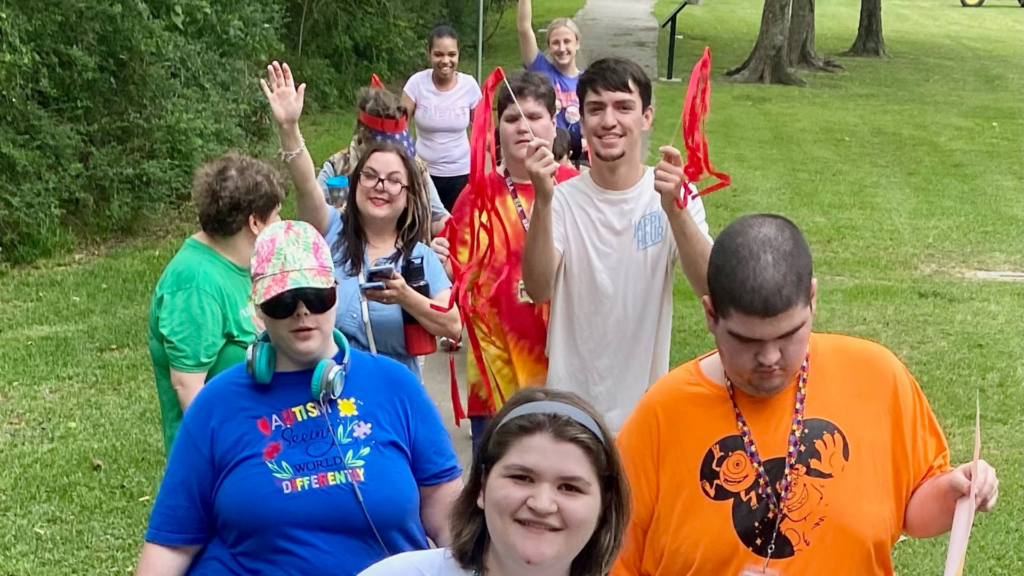6 Important Things You Should Know About the The Individuals with Disabilities Education Act
The Individuals with Disabilities Education Act, or IDEA, is landmark legislation that guarantees all children with disabilities the right to free and appropriate education. Signed into law in 1975, IDEA provides federal funding to states and school districts to help them provide special education and related services to eligible students. In addition, IDEA sets forth strict requirements for states and school districts to identify, evaluate, and serve students with disabilities. As a result of IDEA, countless students have received the support and services they need to succeed in school. If you have a child with a disability, it is important to familiarize yourself with the provisions of IDEA to advocate for your child’s rights. This article will cover some key things you should know about IDEA.
Key Takeaways
- The Individuals with Disabilities Education Act (IDEA) is a federal law that governs the provision of special education and related services to children with disabilities.
- IDEA covers a wide range of disabilities and requires that students with disabilities have access to free and appropriate education in the least restrictive environment.
- IDEA establishes certain rights for parents and guardians of children with disabilities, including the right to participate in the development of their child’s Individualized Education Program (IEP).
- IDEA has been amended several times since its inception in 1975, including the requirement for states to develop IEPs for each disabled student, and providing students with disabilities access to the general education curriculum.
- Schools must evaluate if a student is eligible for special education services by reviewing records, observing the student, and administering tests.
- Common disabilities under IDEA include intellectual disability, specific learning disability, deafness, blindness, emotional disturbance, and orthopedic impairments.
- Parents of children with special needs are encouraged to be active participants in developing and implementing their child’s IEP to ensure they receive the best possible education.
What is the IDEA, and what does it cover?

The Individual with Disabilities Education Act (IDEA) is a federal law that governs how states and public agencies provide early intervention, special education, and related services to children with disabilities. The IDEA covers a wide range of disabilities, including those that impact learning, hearing, vision, physical abilities, and more.
The IDEA requires that all students with disabilities have access to free and appropriate education in the least restrictive environment. This means that students should be placed in the least restrictive setting that meets their needs. In some cases, this may be a general education classroom with support and services. In other cases, it may be a more specialized setting such as a self-contained classroom or a residential facility.
The IDEA also establishes certain rights for parents and guardians of children with disabilities, including the right to participate in the development of their child’s Individualized Education Program (IEP). Overall, the IDEA is designed to ensure that all children with disabilities have the opportunity to receive a quality education.
How has the IDEA changed over the years?

Since its inception in 1975, the Individuals with Disabilities Education Act (IDEA) has been amended several times to better meet the needs of disabled students. The most recent reauthorization occurred in 2004 and included several changes designed to improve accountability and ensure every student receives a high-quality education.
One of the most significant changes was the addition of mandates for states to develop Individualized Education Programs (IEPs) for each disabled student. IEPs are tailored to the unique needs of each student and lay out specific goals for their educational progress.
Another important change was the requirement that all students be given access to the general education curriculum, regardless of their disability. This ensures that disabled students are held to the same standards as their non-disabled peers and provides them with the opportunity to achieve their full potential. The IDEA has come a long way since its early days, and these changes have positively impacted the lives of disabled students across the country.
How do schools determine if a student needs special education services?

Special education services are designed to meet the unique needs of students with disabilities. Therefore, schools must evaluate whether a student is eligible for these services. This evaluation process includes several steps.
First, the school will review the student’s records to see if any information suggests a disability.
Next, the school will observe the students in the classroom and see how they function.
Finally, the school will administer tests to assess student’s academic skills and abilities. If the evaluation process determines a student’s disability, the school will develop an Individualized Education Program (IEP) to address the student’s needs.
The IEP is a document that outlines the specific services and supports that the student will receive. While special education services can benefit students with disabilities, it is important to note that not all students who receive these services have a disability. Some students may simply need some extra help to succeed in school.
What are some common disabilities that students have under the IDEA umbrella?

Under the Individuals with Disabilities Education Act (IDEA), students with a wide range of disabilities are entitled to receive a free and appropriate public education. Some common disabilities that fall under the IDEA umbrella include intellectual disability, specific learning disability, deafness, blindness, emotional disturbance, and orthopedic impairments.
While each student’s individual needs will vary, all students with IDEA-eligible disabilities are entitled to receive specialized instruction and related services designed to meet their unique needs.
In addition, schools must make reasonable accommodations to ensure that students with disabilities have an equal opportunity to participate in the educational process. As a result, students with disabilities can receive the individualized attention they need to succeed in school.
How can parents get involved in their special needs child’s education plan?

A parent’s involvement in their child’s education is vital to their success in school. This is especially true for parents of children with special needs. To ensure that their child is receiving the best possible education, parents must be active participants in developing and implementing their child’s Individualized Education Program (IEP).
While it can be intimidating to navigate the world of special education, several resources are available to help parents get started. Parent organizations, such as the National Parent Center on Inclusive Education, offer information and support to families of children with special needs. School districts also typically have special education advocates or liaisons who can guide parents.
By taking an active role in their child’s education, parents can ensure that their child’s needs are being met and that they receive the best possible education.
Are there any other resources available to help with special education needs?

Several resources are available to help with special education needs, including government agencies, private organizations, and online support groups. In addition, government agencies such as the Department of Education and Health and Human Services provide information and assistance for families with special needs children.
Private organizations such as the National Down Syndrome Society and the Autism Society offer support, advocacy, and resources. In addition, online support groups provide a forum for discussion and exchanging information.
In addition, there are many books and websites that provide information and advice for families dealing with special education needs. With so many resources available, there is no reason for families to feel alone or helpless in dealing with special education needs.
Final Thoughts

The Individuals with Disabilities Education Act (IDEA) is a federal law that governs how states and public agencies provide early intervention, special education, and related services to children with disabilities. The IDEA ensures that all children with disabilities have the opportunity to receive a free appropriate public education that meets their individual needs. The law also requires schools to provide accommodations and modifications to ensure disabled students have an equal opportunity to participate in the classroom and other school activities.
While the IDEA has helped countless children receive the education they deserve, there is still more work to be done to ensure that all students with disabilities have access to the resources they need to succeed. With continued advocacy and support, the IDEA will continue to help make sure that all children have the opportunity to reach their full potential.
About Above and Beyond Caring

Above and Beyond Caring has been a Texas HCS and Day Habilitation provider serving the residents of Brazoria and Galveston counties since 2007. If you or someone you love is in need of day hab or Home and Community-based Services in the area, give us a call ay (979) 202-0055 today!
